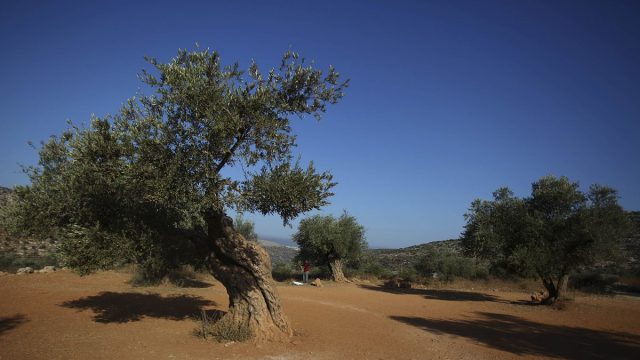Olive oil production this year will be 80% less than last year. Water shortages linked to extreme temperatures have compromised agriculture throughout Italy.
He extreme heat and the drought have dramatic consequences for the agriculture. In Italialas high temperatures of this summer and the relative lack of rain and available water will have effects on the production of one of the most loved and used ingredients in Italian cuisine: olive oil.
By itself, Puglia is responsible for around 50% of national production of olive oil, but the region has been among the hardest hit by the high temperatures that they have had serious repercussions in local crops. The harvest of the next November promises to be smaller than last year.
“For a couple of years we have been victims of water shortage“says Pietro Leone, who runs an agricultural company with about 100 hectares of land cultivated with olive groves in the province of Foggia.
“This year we also had some terrible days that affected flowering. This year we will have a 80% less production“.
In the province of Foggia, the Capaccio dam supplies water to the entire area for industrial, irrigation and domestic use. It feeds on a stream that carries rainwater to the reservoir, but the taken at the moment does not reach its full capacity and it is practically empty with only 2.5 million cubic meters of water compared to its maximum of 17 million. The low volume of water that remains is a remnant of last winter. In the province of Foggia there are three other basins, all half full.
“Instead of 300 million cubic meters available in the four reservoirs, this year we only had half“says Giuseppe De Filippo, of the National Recovery Association of Puglia. “We did half irrigation season in the irrigation district, but we had to stop to preserve nine months of autonomy for drinking water,” he concludes.
The low water levels of artificial reservoirs could be an advantage for grazing cows, but they are very dangerous for olive cultivation. Although these plants need less water than other crops, temperatures above 40°C for 50 consecutive days put at risk the ripening of olivescon dramatic repercussions in the production of oil.







